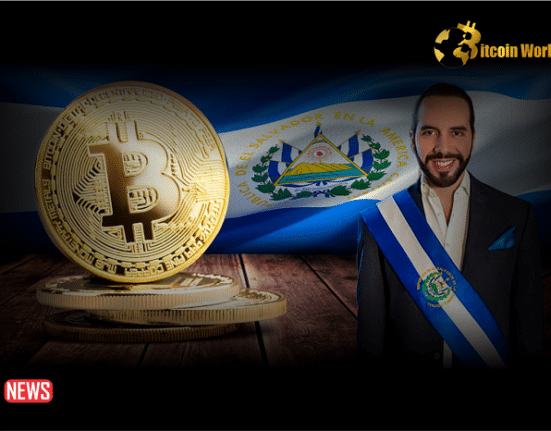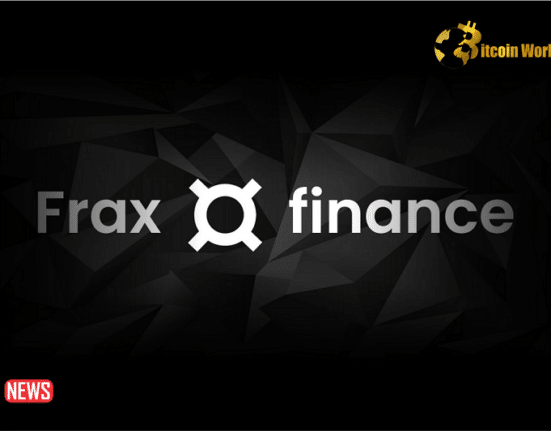Some officials braved the market collapse and public attacks on the industry to embrace innovation.
Regulators and policymakers didn’t like crypto in 2022. Despite the market collapse and public attacks on the industry, some officials were brave enough to embrace innovation. Some of the names are old, but others made enough progress to be included in this listicle. Brazil and the Central African Republic legalised cryptocurrencies, while the United Arab Emirates and El Salvador pushed their crypto agenda. The UK worked hard to lay the regulatory foundation.
Brazil got its own regulatory framework in 2022, despite mass adoption in 2021. Former Brazilian president Jair Bolsonaro signed a bill legalising crypto payments before leaving office. The bill defines digital currencies and licences virtual asset service providers, but it does not make cryptocurrencies legal tender like El Salvador.
Timely bill. In August 2022, Brazil’s taxation authority recorded 12,053 companies declaring crypto on their balance sheets.
Brazilian Stock Exchange announced Bitcoin futures trading in May. On Brazilian Exchange, institutional and retail investors trade 11 cryptocurrency ETFs, unlike in the US.
Britain had a tough year. After 70 years as queen, Elizabeth II died in 2022. Two prime ministers—Boris Johnson and Liz Truss—resigned. The unstable government kept regulating crypto. Even if the results could be better, the UK makes a strong case for national regulation.
July’s Financial Services and Markets Bill reaffirmed the U.K.’s desire to become a global cryptocurrency hub. It expanded stablecoin regulations and introduced Digital Settlement Assets (DSA). The bill authorises the Treasury to regulate DSA payments, service providers, and insolvency arrangements. The May Economic Crime and Corporate Transparency Bill proposed “creating powers to more quickly and easily seize and recover crypto assets” to protect ransomware victims.
British Web3 celebrated an important legal precedent this year. The London High Court of Justice, the closest equivalent to the US Supreme Court, has declared nonfungible tokens (NFT) “private property.”
Treasury reduced its data collection from senders and recipients of crypto sent to unhosted wallets unless the transaction poses “an elevated risk of illicit finance” in a time when everyone is poking at them. By year’s end, it qualified “designated crypto assets” for the Investment Manager Exemption, a great gift to investors.
El Salvador, whose breakthrough came in 2021, should be on this list for its persistence. The Nayib Bukele government has been trying to issue “Bitcoin bonds” since announcing it. March and September delays followed. Economy minister Maria Luisa Hayem Brevé introduced a bill in November confirming the government’s plan to raise $1 billion and build a “Bitcoin city.” Since then, no bill success news has emerged.
The country remains a vital Bitcoin adoption lab. After the Bitcoin law was passed in September 2021, Salvadoran Tourism Minister Morena Valdez reported a 30% increase in tourism. A 2022 NBER study found that 20% of businesses accept BTC as payment.
At a three-day conference in May, El Salvador hosted 44 developing-country central bankers to discuss financial inclusion and Bitcoin. Central bankers from Ghana to Burundi, Jordan to the Maldives, and Pakistan to Costa Rica attended.
Central African Republic (CAR) legalised cryptocurrency use in financial markets in April. Lawmakers unanimously passed the cryptocurrency bill, allowing traders and businesses to pay taxes in crypto through authorised entities. Sango Coin, the local central bank digital currency (CBDC), launched in July to raise nearly $1 billion in a year. The coin has sold $1.66 million so far.
The country also offered citizenship to foreign investors for $60,000 in Sango Coins. The CAR’s top court ruled this initiative unconstitutional.
The Bank of Central African States (BEAC) opposed adoption, citing the “substantial negative impact” on the Central African monetary union.
The UAE strategically regulated crypto and attracted global investors. That may explain the country’s second Cointelegraph listicle appearance.
Dubai’s March crypto law protected investors and “designed much-warranted international standards” for industry governance. The newly formed Dubai Virtual Asset Regulatory Authority (VARA) had enforcement powers in the Emirate’s special development and free zones, except the Dubai International Financial Centre. The licence was first granted to FTX, a defunct crypto exchange.
Abu Dhabi proposed NFT trading draughts. They designated NFTs as intellectual property rather than “specified investments or financial instruments” and allowed MTFs and VACs to operate NFT marketplaces.
Dubai launched the Dubai Metaverse Strategy in July to become one of the top 10 metaverse economies. It includes R&D collaborations to boost the metaverse’s economic contributions, accelerators and incubators to attract foreign companies and projects, and metaverse education for developers, content creators, and users.
Even Metaverse got its first city. The 1,000-square-mile Sharjahverse was described as a “photorealistic, physics-accurate” metaverse. The virtual city may boost tourism and metaverse employment.
2022 had friendly regulation overall. The race to the first comprehensive U.S. crypto framework and potential liberalisation in Hong Kong and South Korea will make next year even more exciting.















